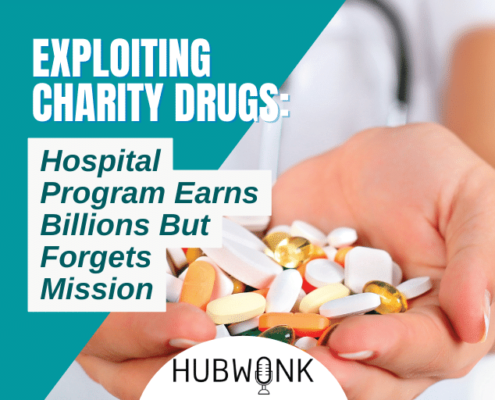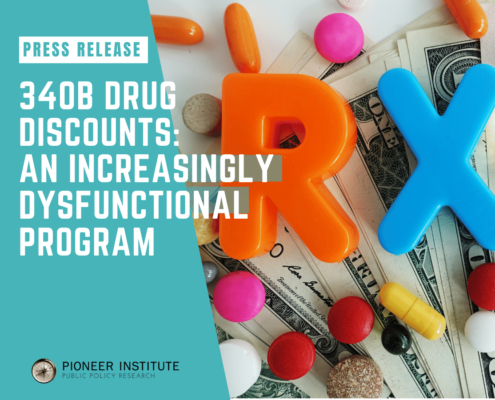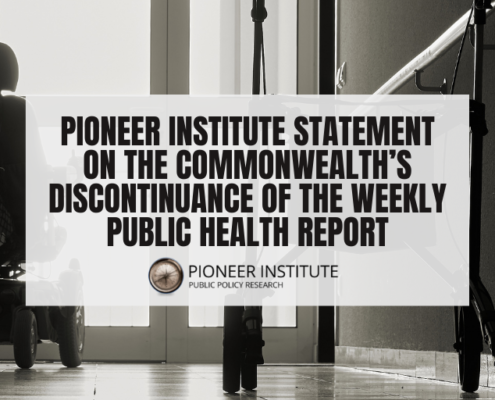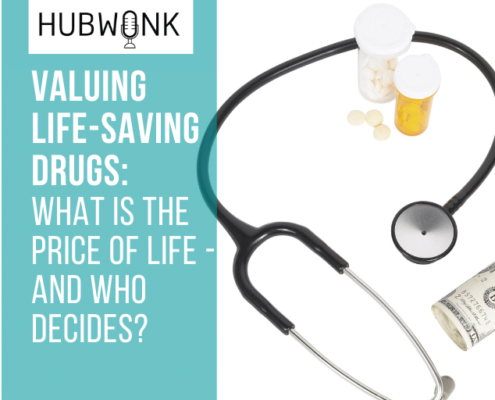Moving the Needle on Healthcare Cost Containment & Reform
/0 Comments/in Blog, Blog: Healthcare, Blog: Healthcare Transparency, Blog: Medicaid, Featured, Healthcare /by Editorial StaffToday, Pioneer Institute submitted recommendations to the Commonwealth of Massachusetts’ Special Senate Committee on Health Care Cost Containment and Reform. Pioneer applauds provisions of the proposed legislation that would reduce emergency room use and re-admissions, expand scope of practice, and embrace telemedicine. The Committee should also be commended for looking to other states’ accomplishments in this area.
But the current bill raises some concerns. In some instances, we believe it diminishes the potential for greater cost savings by adding unnecessary regulatory burdens. The projected savings relative to 2020 spending are quite modest, at less than 0.2 percent. The Medicaid buy-in program as it is presented is a radical change from the existing program structure – it will require more elaboration and analysis, as it is unclear what the impact of this proposal will be on MassHealth and providers across the Commonwealth. Pioneer also has concerns that the bill could lead to harmful unintended consequences, such as the collapse of the merged private insurance market. We hope the Legislature addresses these issues, but this bill starts an important healthcare cost conversation in Massachusetts, and we commend the Senate for taking the lead in this effort. Read Pioneer’s full letter to the Committee.
Get Updates On Our Healthcare Research and Events!
Related Research

The Realities Behind US Healthcare Spending

Cures for Patients, Not Health Plan Profits, Make Drugs Valuable

Healthcare dominates the job market.

Caution towards CMS Data Sources for Healthcare Legislation
 This file is licensed under the Creative Commons Attribution 2.0 Generic license.
This file is licensed under the Creative Commons Attribution 2.0 Generic license. Healthcare Employs More on Cape Cod Than Any Other Sector

Exploiting Charity Drugs: Hospital Program Earns Billions But Forgets Mission

Massachusetts Hospitals Pull Back on Charity Care as Revenue from Federal 340B Drug Discount Program Explodes

How did COVID impact Massachusetts’ long-term care facilities?

The Promise and Challenges of Rare Cancer Treatments

Study: Decline in Cardiovascular Health Screenings During COVID-19 Pandemic Poses New Public Health Threat

A Modest Proposal to Raise Federal Revenue

Why are health care costs rising every year in Massachusetts?

Pioneer Institute Statement on the Commonwealth’s Discontinuance of the COVID-19 Weekly Public Health Report

A Closer Look at the Healthcare and Social Assistance Industry in Massachusetts

Valuing Life-Saving Drugs: What is the Price of Life and Who Decides?

Study: Massachusetts Should Retain Additional Healthcare System Flexibility Granted During Pandemic

A Rush to Judgment on Alzheimer’s Drug




